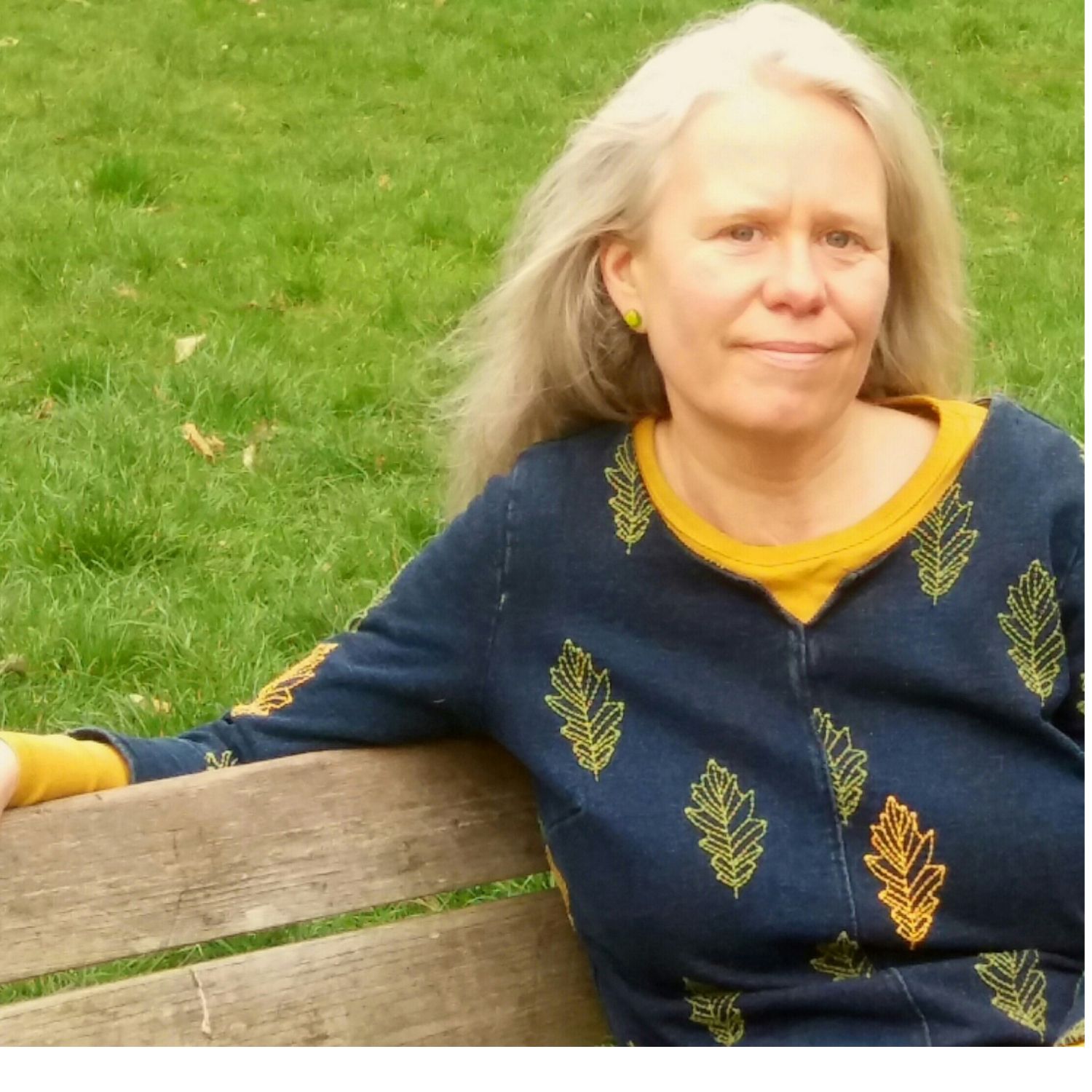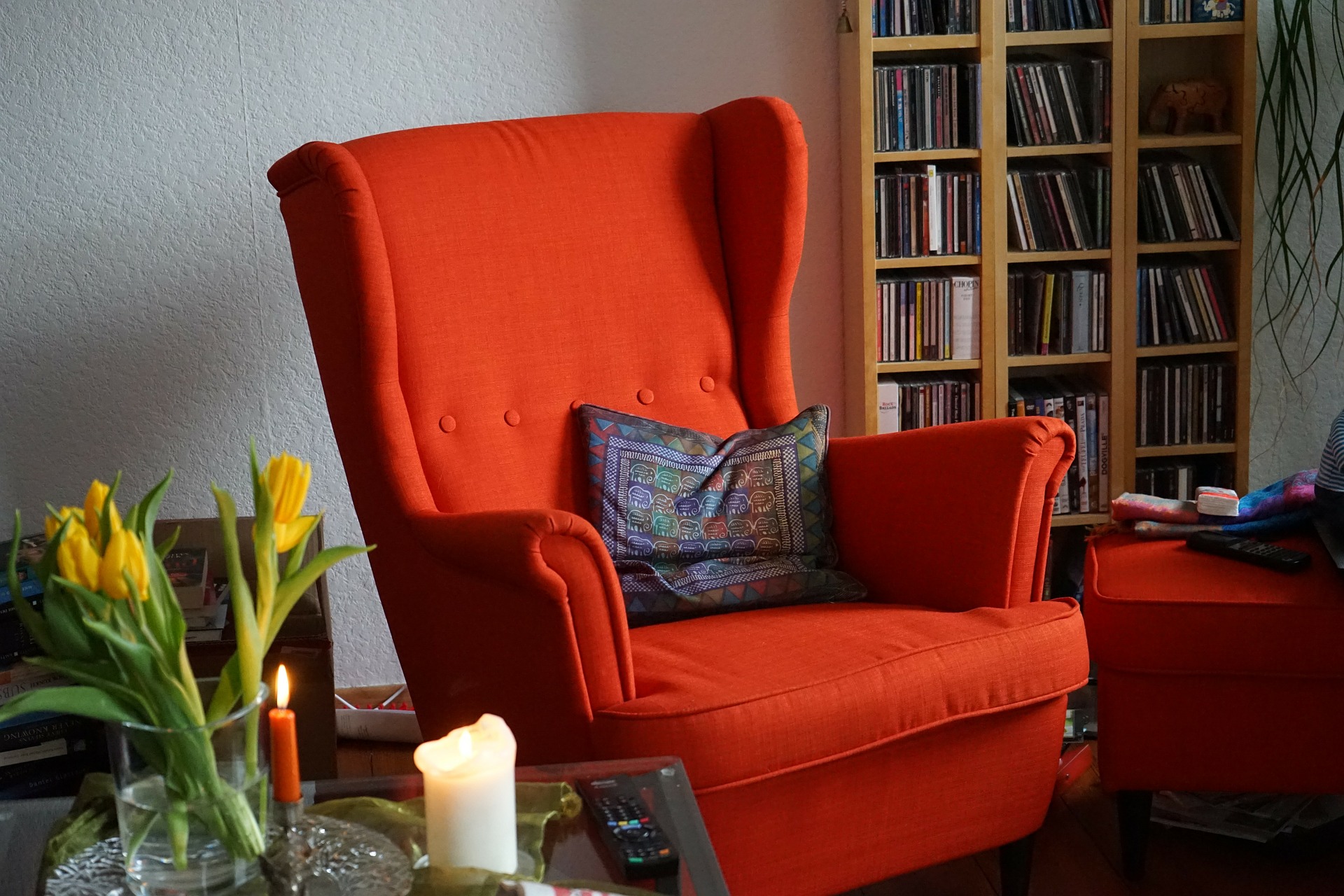Writing a letter to my dead therapist was one way of coping with his sudden death, when there was no chance to say good bye, no place to go to grief, no-one to talk to.
1. How it happened.
When I received the email it had your name in the subject heading and had been sent by a person I did not know. I instinctively knew…
About four months before then, we had (what later turned out to be) our last session. I had just started my chemotherapy for breast cancer and not seen you for three weeks. Your appearance had changed. You looked much younger, and I told you so. But there was something in your face. And for the first time in all these years of seeing you I dared to ask about you: ‘Are you OK?’ And for the first time you told me about yourself: ‘No, I am not.’
To me, this felt like a very special moment of trust, but also an indication of a change occurring – somewhere – in you. We both left it at that.
We were due to meet again after your pre-booked break. I said, I felt that that might not be so (not because of me, but because of you). You said, you had no reason to think you would not be there. I left the room saying “Look after yourself.” Another first. I wanted you to know I cared and that I was concerned.
Two weeks later I received an email from you telling me that due to health reasons of your own, you could no longer see clients for the time being. You would provide updates when they became available, and would I like to wait or would I like you to recommend another therapist for the interim or long-term?
The idea of not seeing you, when I was facing the biggest challenge in my own life, not knowing what was happening to you and not knowing what would happen in the future, was shocking and painful.
My inner child was protesting: ‘No, I do not want another therapist – I want you.’ How could I possibly start all over again?
It would take years for someone else to ‘get me’ the way you did. And anyway, no one would understand me and be with me the way you had.
But the adult in me knew I needed a back-up plan.
2. I doubted and trusted you.
The weeks and months with no news from you eventually re-triggered old wounds of abandonment in me. The child (and sometimes the adult, too) imagined that you had started work again but did not want to see me, that I was too much. I imagined finding my own new therapist. I did not need your recommendation! I was angry. I was afraid, very afraid.
3 three months after our last meeting, I got in touch with the therapist you recommended. Unknown to me, this was a few weeks before your death. The person was exactly who I needed then. So I had some support in place, when I opened the email telling me of your death.
I had finally summoned the courage to send you an email, breaching my self-imposed boundary of no contact outside of sessions. I wanted you to know I was holding you in my thoughts and sending you positive energy. I wanted you to know, you mattered and that I was doing well.
And to be truthful, the angry part in me also wanted you to know that I was doing well without you.
But I know you would have seen through that. You knew me well.
As it turned out, by the time I sent the email you had already been dead for three days.
I am glad that throughout I managed to hold on to the trust in you. That was stronger than the doubt.
3. What you meant to me – a solid container.
When I first started training as a psychotherapist, a course tutor remarked that our first therapist might become the most influential person in our lives. And you turned out to be that for me. You became parent, teacher, sibling and so much more.
We had just started to make a breakthrough regarding my anger. I even started to be angry with you, and I would tell you so. You encouraged all that, even the swearing.
You became a solid container, trusted friend, spiritual guide and mentor. I respected you for the respect you showed me. I admired your integrity and authenticity, your ability to empathise and believe in me. With time I started to believe in myself.
Eventually we (your clients) were told the cause of your death – cancer. I had been wondering, from the day I received your email about needing to take time off.
Your death of cancer felt worse than my own cancer diagnosis. And I am not flippant about it. And I am the one to outlive you. I – who had been talking about dying and death and much more… The irony of it! You could not make it up.
Knowing the cause of your death helped me deal a lot better with the enormity of losing you. At least one unknown had been removed and I could focus on the loss. Even though, still now, from time to time, I experience moments of utter disbelief and deep pain that you are gone. I am grateful a process was in place for your clients to be told of your death and to be given an offer of support should we need it.
I dread to think what it could have been like, had we not been told about your death: more doubting you, more fear of abandonment?
But I think I would have found out, somehow, eventually.
4. Saying good bye.
We, you and I, we did not have an ending together. Your colleagues had an event in your memory, which excluded clients. Part of me thinks this was probably appropriate. The child, however, felt angry and excluded – therapists versus clients.
I do not know what could or should have been offered for clients, indeed, whether it would have been anyone’s responsibility to do so. Or whether other clients would have even wanted such an arrangement.
But I had an ending of sorts by returning to the room we had worked in last. I just asked, and my wish was granted – 10 minutes. I am grateful for that. I took a photograph of your chair (which came out distorted), of both our chairs, the clock, the tissue box, the view from the window and the view from the waiting room to the steps you would always climb up ahead of me – my eyes focusing on the hem of your trousers and the heels of your shoes.

You would always, without fail, turn around at the bottom of the stairs to check I was there and then smile at me. That’s when our 50 minutes started – not in the room, but at the bottom of the stairs.
When I re-entered the room to take the photographs, it felt empty. I felt empty. You had gone.
To start with, I had the photos on my wall. Over time, I no longer needed to look at them. Then came the day when I was ready to take them down. I still have them, somewhere.
You introduced me to the concept of gratitude for our life experiences. Nothing, you said, is a waste.
Everything is a gift. Everything has meaning – including pain.
It took me a long time to understand what you meant. You have taught me so much.
5. Making sense of your death.
Now you are my dead therapist but you remain alive in me. You had been a gift. Even your death, dare I say, holds in it gifts of guidance. That is the best way I can make sense of your death, for now. Your death has made me re-evaluate my own life and mortality.
I realised just how little prepared I am for my own death, and how that is standing in my way of living, whatever time I have left, to the fullest.
Your death has also made me re-evaluate my own client work, especially boundaries and self- disclosure when faced with ill health and death. And the way I handled my second cancer-diagnosis was different from my first.
I dealt with your death the best I could, the way I had learnt from being with you. I had internalised your voice:
“Karin, observe, feel, name, accept – trust the process.”
I feel privileged to have met you. You believed in me and my pain. You helped me grow and change. I trusted you, like no-one else. And the trust continues to contain my grief and makes me feel safe.
The experience of losing you and grieving for you is intense and to start with felt unbearable. Some people who have not had therapy or who have a different experience with their own therapist, found it difficult to understand the intensity of my emotional response to your death.
Indeed, some have questioned whether this is a sign of an unhealthy dependence on you, and whether the therapeutic boundaries should not have prevented this level of involvement. Others know exactly where I am coming from.
6. Thank you.
In the very early days of our work, you once remarked that you are comfortable with your truth. Then, I had not understood what you meant. You might as well have talked a different language. And you know what, it had sounded a bit arrogant and pompous – like pain is a gift! Yes, right!
But with time I learnt to understand what you had meant, and I started to feel it myself.
I thank you for that – for offering me a unique relationship, which allowed me to explore, make friends with and embrace my own truth.
This article was first published on KarinSieger.com
Featured Image courtesy of Hans via Pixabay.


